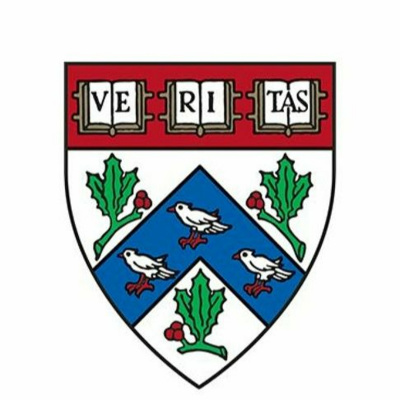Harvard Divinity School
Memory, History, and the Ethics of Reparations
- Autor: Vários
- Narrador: Vários
- Editora: Podcast
- Duração: 1:24:28
- Mais informações
Informações:
Sinopse
The 1619 Project spawned an unprecedented national conversation in and outside the classroom on slavery’s ongoing afterlives in American society. The enthusiastic response to the project was not universal. A few historians noted in a letter to the Times that the project reflected “a displacement of historical understanding of ideology.” The challenge raised here underscores central ethical concerns at the center of American national identity: who is responsible for slavery? What role does religion play in addressing the lingering “afterlives” of African enslavement in the United States? Do African and African American scholars play a unique role in public debates and scholarship on slavery? HDS Professor Terrence Johnson examined how the writings of W.E.B. Du Bois and Toni Morrison established a framework for exploring the role of religion and ethics in grappling with the memory and history of African enslavement. Hosted by Dr. Diane L. Moore, Faculty Director, Religion and Public Life, and Dr. Melissa



